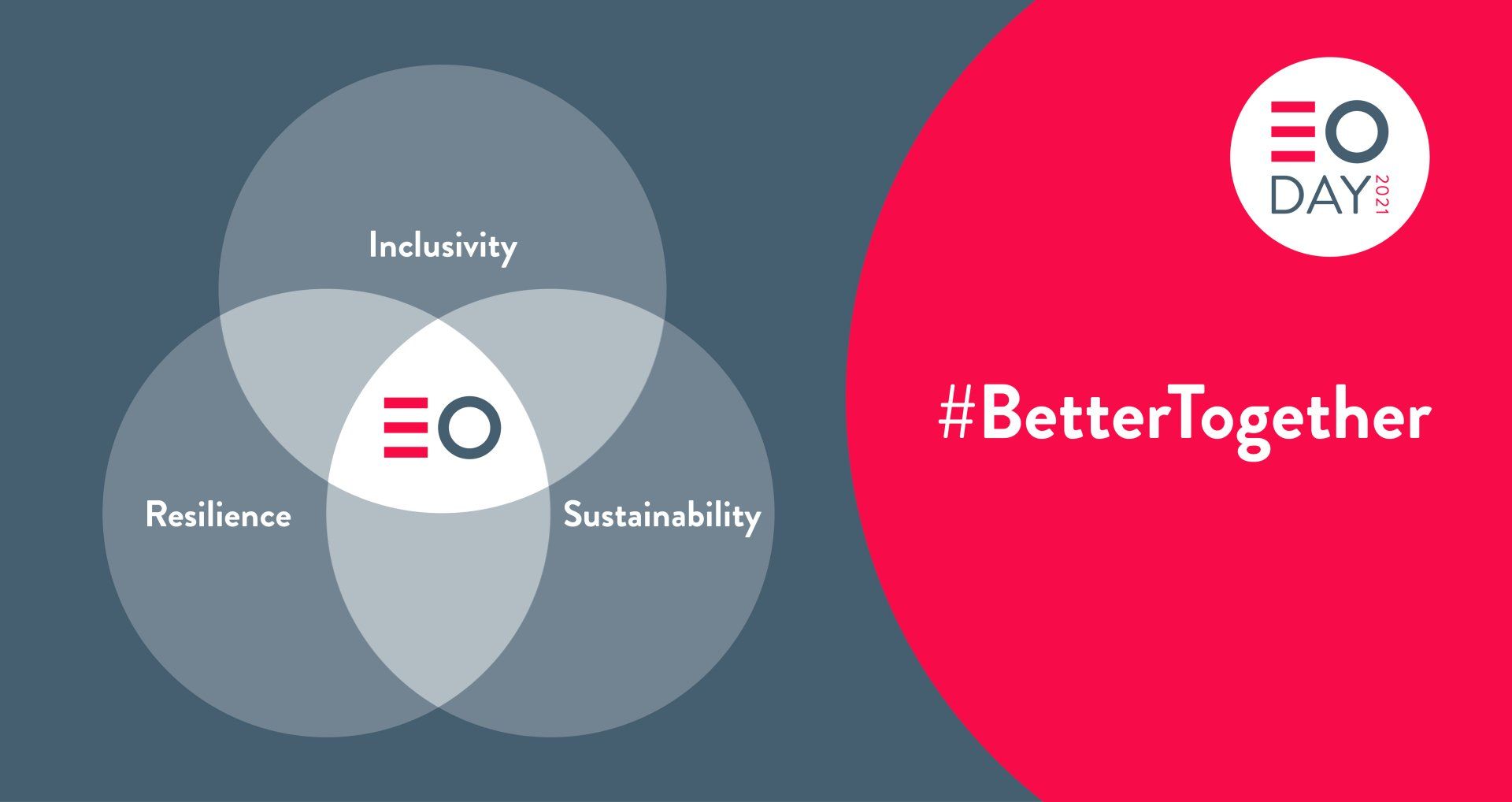Interview Skills - Preparing for Board Role Interviews
- by Ian Hiscock
- •
- 27 May, 2021
Sharing some our tips from careers of interviewing and being interviewed

In our most recent knowledge sharing session, the IDT consultants pooled their collective experience and wisdom of both applying for posts and being on the interviewing panel. Viewing the process from both perspectives allowed us to think through the advice we would give to candidates…and think about what we would do differently ourselves in the future.
We also spent some time discussing the different meeting dynamics we’ve encountered as a consequence of the pandemic with almost every meeting taking place online for the last 15 months.
“Interviews we have known…”
But first, we discussed briefly how important it is for an interviewer to create a comfortable environment for the interviewee. We all had experience of being nervous when approaching that “big interview”, of being intimidated because of our perceptions of who was interviewing us, or their actual behaviour. This militates against the interviewee feeling comfortable enough to truly open up. As an interviewer, not only might you miss them at their best, but you may also miss the critical character trait that you’re seeking or that they’d prefer you not to see. What you could potentially see is only the persona that the interviewee thinks you want to see, rather than that which you are seeking. Creating an environment where candidates can relax, truly be themselves, and be open, serves everyone’s interests. After all, this is the environment in which you would expect them to be working if appointed.
IDT TIP: As an interviewer, remember that both of you are being interviewed so seek to find a way for you both to relax into the interview so that you can each showcase your best. But try to avoid too many cliches or allow initial meeting openers drag on too long, you’ll regret it when you run out of time at the end
“Preparation is about attitude as well as knowledge”
Whilst it’s critical – obviously – to prepare so you can demonstrate your capability against the role profile, considering your attitude and behavioural approach is also vital. Confidence in your ability is good; there is nothing wrong in saying why you’re a good fit for the role. Veering into a sense of entitlement, as if the interview process is little more than an inconvenience, is not the look to be aiming for!
We also commented on how even highly intelligent and experienced people sometimes find verbal fluency difficult. Thinking about the clarity and simplicity with which you can express yourself, the pace of speech and balancing confidence with humility, all play a part. No matter how senior the role, how experienced you are, presenting yourself as someone who can work as part of a team, lead with clarity, encourage and support others, will play well,
Lastly, if you present yourself as entitled (however inadvertently), don’t be surprised if the questions become more of a cross-examination, as the interviewer really delves deeper into your capability and character.
IDT TIP: Know yourself and practice your responses to standard questions to ensure clarity, adding in personal examples and anecdotes. Having this practice in your armoury means you can really focus on the wider discussion.
“Interviews are a two-way street”
Body language, personal chemistry, empathy….
Do you demonstrate an interest in the people who are interviewing you, and as a consequence, the organisation they represent? Or do you come across as only being interested in you? Do you listen with genuine intent? Do you lean in a little to demonstrate this, maintain eye contact? An interview is more than interviewers being given answers to specific technical questions. This is something to be even more mindful about in our current world of Zoom and Team calls (other platforms are available!). We need to recognise these will remain an important part of the way we do business, even as we return to something approaching normal. Think about how you can display these softer skills and how you can deploy your “strongest weapons” in an online setting.
But it’s not just about demonstrating this interest, you should also be genuinely interested and see the interview as an opportunity to understand the organisation, what their ethos is, their drivers and whether they fit as an organisation that you’d be proud to work with. The interview should really be a two-way process, remember you are interviewing them as well.
IDT TIP: Be aware of your body language, be mentally focussed and present for the full length of the interview, and listen and respond to answers to your questions. Don’t just demonstrate your interest, evidence it
“Planning and preparation prevents ****-poor performance!”
It would be fair to say that most of us IDT consultants are of a certain age, if that’s not being indelicate! The world has changed from interviews in times past. No need to worry now if you’re not familiar with table etiquette and which knife and fork to use with which course (true story – one of my biggest fears when I went through the graduate recruitment interview process for John Lewis!).
The advent of LinkedIn, for example, allows us to learn so much more, not only about the organisations we apply for, but very often, the actual people who will be interviewing us. This can be particularly beneficial in an online environment where building a physical rapport is so much harder than when we meet in person. Using the knowledge you glean to create a subtle rapport can be very useful (“I see we’ve both previously worked at …”), reducing the sterility of an online conversation. Where is the business located? Are its roots important to its sense of identity? What charities or causes does it support? Judgement about how to use this information very much lies with the individual and sensing the moment. Having this in your back pocket can only be a plus, but don’t feel like you have to share every nugget of information you’ve found. Share it at a juncture in the conversation tat is relevant in terms of subject matter and timing.
The alternative heading for this section could have been “Know your audience.” Being able to use the information you’ve gained allows you to far more effectively judge which part of your skill set will carry the most bang for your buck – you can hone your message in a more targeted way. What’s the one thing you see as setting you apart for this role, your strongest card? How will you describe that verbally in a way that relays your conviction to those interviewing you?
One thing to remember… the ability to find out more about an individual applies just as much to you as it does you finding out about others!
IDT TIP: yes, it’s an old one, but there’s a reason it’s always shared … spend some time preparing your knowledge of the organisation and your interviewer … but don’t feel like you have to share this knowledge in its totality during the interview
In conclusion…old-fashioned civility
We may be really dating ourselves now, but “do as you would be done by” still has relevance. LinkedIn, the internet and the business sections of book shops (remember them?) are awash with advice on behaviour, relationships, making connections that work for you, and on they go. And lots of money has been made by those writing all this stuff. That’s not to decry it. But isn’t it reassuring to have someone like us tell you – for free! – that investing in relationships, even at the interview stage (especially at the interview stage!) is time well spent. You may well say to your interviewer how important it is to value everyone within an organisation and treat them accordingly. It’s best you demonstrate your words have meaning from the get-go.
Finally, you won’t be the right fit for every opportunity, but by learning through each interview you will be building up a wealth of knowledge of yourself, how you can communicate your expertise best and which types of organisations you are keen to work with. An interview where you don’t get appointed is not a failed interview, it’s just not the role for you at this time and having been called for interview in the first place should be seen as a positive win.
Ian Hiscock is a consultant with IDT and an Independent Trustee with a number of employee-owned businesses. He is also a board chair and an experienced meetings facilitator.


